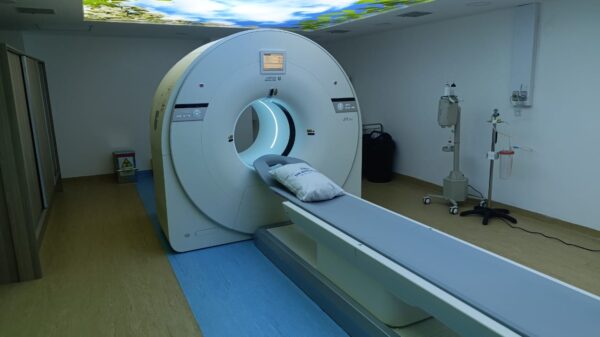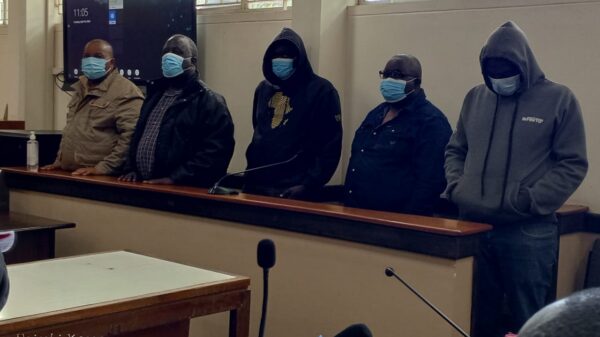KHARTOUM, Nov 23 – Sudan’s President Omar al-Bashir called Saturday for a battle against inflation as part of efforts to reform the country’s indebted, cash-starved and sanctions-hit economy.
“We must fight high market prices which affect the economy and the people,” he said in a speech opening a two day forum of economic experts, politicians, business leaders and others seeking solutions to the economic troubles.
The government organised gathering follows a similar forum last year, and critics predicted little would be accomplished.
“The economic situation is getting worse,” Khalid Tijani, chief editor of the weekly economic newspaper Elaff, told AFP ahead of the conference.
Khartoum lost billions of dollars in export earnings when South Sudan became independent in 2011, taking with it most of Sudan’s oil production.
Since then the government has struggled with a shortage of hard currency and revenue as the pound sank in value on the widely used black market and inflation soared.
The local currency has lost almost 50 percent of its value on the black market over the past two years.
Inflation officially reached 40 percent last month.
In September, the government slashed fuel subsidies and unified its multiple foreign exchange rates, measures recommended by the International Monetary Fund.
The resulting jump of more than 60 percent in the retail price of fuel drove thousands into the streets in protest.
Security forces are believed to have killed more than 200 demonstrators, Amnesty International said, but authorities reported a toll of less than half that.
The price of bread, a staple food for residents of Sudan’s cities, has also risen since September.
Over the past week, a politically explosive shortage of bread occurred when the lack of foreign exchange limited wheat imports.
The bread supply has since improved, after Vice President Ali Osman Taha ordered officials to ensure that enough wheat reaches the flour mills.
In his speech to about 500 people, Bashir called for a study of the country’s declining productivity, and urged more balanced development among the country’s regions.
Rebels are fighting in South Kordofan and Blue Nile states, as well as in the Darfur region, fuelled by complaints of economic and political neglect.
“We need proposals to increase living standards and reduce poverty,” said Bashir, who took power in a 1989 Islamist backed coup.
Criticism of his regime has mounted since the September crackdown.

Prominent reformers within his National Congress Party announced they would creat a new political party, while Tijani and a group of scholars formed a National Movement for Change.
The scholars’ movement said it hoped to lead a dialogue on alternatives to the country’s “failed” political system.
“Without addressing the political problem you can’t solve this economic situation,” Tijani told AFP. “The government, actually, I don’t think they are taking things seriously.”
Sudan has a debt of more than $40 billion (29.4 billion euros), much of which is in arrears and owed to a range of creditors including Western nations and international institutions.
This restricts its access to additional low interest development loans.
Sudan also remains under a US trade embargo, first imposed in 1997 over what the Washington said was Khartoum’s support for terrorism, efforts to destabilise neighbouring governments and human rights violations.
South Sudan voted overwhelmingly to separate in a referendum under a peace deal that ended 23 years of civil war.
Tensions remained with the north, and the two countries clashed intermittently along their disputed border last year.
Relations have improved since a September summit between Bashir and his southern counterpart Salva Kiir.
In his speech, Bashir said enhancing economic relations with South Sudan and neighbouring countries is a priority.
A new report by the United Nations Development Programme said the economic shock of losing most of the oil production “could have been mitigated had the government pursued diversification to non oil productive sectors such as agriculture during the oil boom period.”



































